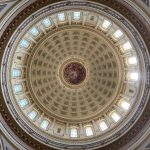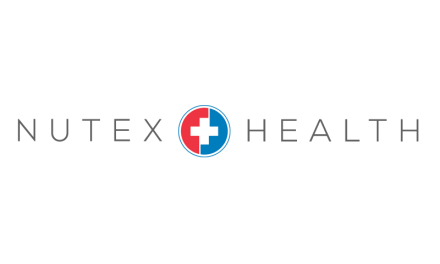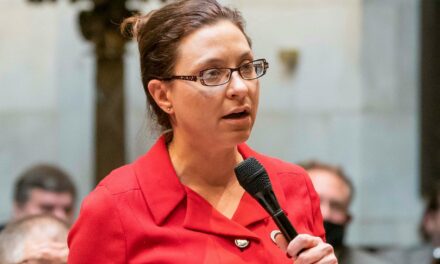
Coronavirus cases on the rise

Confirmed cases of the new coronavirus rose over the weekend in Wisconsin, and Gov. Tony Evers on Friday ordered the closure of schools in the state this week.
The Department of Health Services reported 32 confirmed active cases of the coronavirus on Sunday afternoon.
Dane County closed schools and issued an order Sunday banning gatherings of more than 50 people. Milwaukee public schools have closed too.
Evers directed DHS on Friday to issue an order closing all K-12 Wisconsin schools by March 18. The anticipated reopening date is April 6, but that could change.
Keeping people safe is a top priority as the state works to respond and prevent spread of the illness, Evers said.
“Kids and families across Wisconsin often depend on our schools to access food and care,” Evers said in a Friday statement. “We are going to continue working to do everything we can to ensure kids and families have the resources and support they need while schools are closed.”
Dr. John Raymond, Medical College of Wisconsin CEO, said that he understands why there are temporary closures of schools. But he cautioned it could be a “two-edged sword” as there are parents without daycare or work-from-home options that won’t want to come into work.
“In particular, I’m talking about frontline healthcare providers,” he said. “There’s a fairly significant risk that many of those essential healthcare personnel will be challenged in balancing the obligations to their children and coming into work.”
DHS released guidance Friday to nursing homes and assisted living facilities to limit or restrict visitation by non-essential personnel.
The agency also recommended screening all visitors for exposure, restricting staff from working if they have symptoms and canceling social gatherings.
Meanwhile, at the federal level, the House voted 363-40 on legislation aimed at addressing the epidemic after Friday at midnight.
The agreement, backed by House Democrats and President Donald Trump, would expand paid family leave, guarantee free testing for the coronavirus and bolster unemployment insurance and food assistance programs.
“This legislation ensures that no one will have to worry about out-of-pocket expenses for testing and gives every American the ability to stay home when sick without having to worry about missing a paycheck,” Rep. Ron Kind, D-La Crosse, said in a statement.
Wisconsin’s four Republican GOP members voted against passage. U.S. Rep. Mike Gallagher, R-Green Bay, said the bill has “unclear provisions” that could cause small businesses in the state to lay off employees or close their doors.
“In times like these, we have to do better than rushed closed-door deals that could create more problems than solutions,” he said.
Sen. Ron Johnson, R-Wis., also released a statement raising concerns and calling on his chamber to pass a bill that “does more good than harm – or, if it won’t, pass nothing at all.” He said the Trump administration and states have adequate tools for the situation.
State agencies took action on the epidemic. As of Saturday, the Department of Transportation can issue permits for the transportation of inventory for grocery stores impacted by the pandemic. The permits allow for increased weight limits and waiving truck drivers’ hours of service limitations.
On Friday, the Public Service Commission of Wisconsin directed utilities to stop disconnecting residential services for nonpayment until a public health emergency declared by Evers last week has been lifted.
The state is on a moratorium through April 15 for disconnecting water, electric and natural gas service when used for heating. That moratorium will be extended until the emergency ends.
The Department of Corrections temporarily suspended all visits to its institutions on Friday to minimize the risk of spread into facilities. The agency is looking at other methods of communication, like phone calls and video conferences. Professional visits will continue, according to a statement.
The Wisconsin Elections Commission urged voters concerned about the coronavirus to make plans to vote absentee for the April 7 elections.
The Wisconsin Department of Agriculture, Trade and Consumer Protection provided more information Friday on how it’ll enforce state law on price gouging until the public health emergency ends.
State law generally prohibits selling goods and services at prices more than 15 percent higher than pre-emergency prices, except for cases when the price is set by law or price increase is exempted by the emergency declaration.
Sellers can charge higher prices so long as they don’t exceed actual cost plus a reasonable markup, the agency said Friday.
Wisconsin Health News is removing the password on all stories related to the coronavirus. For the latest developments follow us on Twitter at @wihealthnews or check out our website. For complete healthcare coverage, sign up for a free trial to our daily email newsletter.





